The Tinted Sunscreen Dilemma: Is It as Effective as Regular SPF?

In the realm of skincare, the debate between tinted sunscreen and regular SPF has become a hot topic. As beauty enthusiasts and health-conscious individuals seek the perfect balance between protection and aesthetics, the question lingers: Is tinted sunscreen less effective than regular SPF?
To unravel this beauty mystery, let's dive into the science behind sun protection and the unique qualities of tinted formulations.
Understanding Sunscreen Basics
Before talking about the tinted versus regular SPF debate, it's essential to understand the fundamentals of sun protection. Sunscreens primarily work by blocking or absorbing harmful UV rays from the sun. Ultraviolet (UV) radiation is classified into UVA and UVB rays, both of which can cause skin damage, premature ageing, and increase the risk of skin cancer.
Now let’s talk about the difference between regular SPF and tinted sunscreen.
Regular SPF:
Traditional sunscreens come in various formulations, ranging from lotions and creams to sprays and sticks. They are designed to create a barrier on the skin that reflects or absorbs UV rays. The efficacy of these sunscreens is measured by the Sun Protection Factor (SPF), which indicates the product's ability to protect against UVB rays—the main culprits behind sunburns.
Tinted Sunscreen:
Tinted sunscreens have gained popularity for combining sun protection with a touch of color, providing a two-in-one solution for those who want to enhance their complexion while safeguarding against the sun. These formulations often include pigments that blend seamlessly with various skin tones, offering a subtle tint that can replace or complement foundation. This type of sunscreen contains extra components that effectively filter UVA, UVB, and various types of light that impact the skin. Additionally, it plays a role in concealing pigmentation, promoting an even skin tone.
The Tinted Sunscreen Controversy
While tinted sunscreens may seem like a game-changer, the question of their effectiveness compared to regular SPF remains. Some argue that the addition of pigments may compromise the sunscreen's ability to provide uniform coverage and adequate protection.
Critics also claim that the tinted variants may dilute the concentration of key active ingredients, affecting their performance against harmful UV rays. But is it so? Well, dermatologists say NO. Read the next paragraph to know more.
Is Tinted Sunscreen a Compromise?
To address the concerns surrounding tinted sunscreens, researchers have conducted studies to assess their effectiveness. One study published in the Journal of the American Academy of Dermatology found that tinted sunscreens performed similarly to their non-tinted versions in terms of UVB protection.
Moreover, skin experts suggest that tinted sunscreens function similarly to physical sunscreens by forming a protective layer on the skin. This layer blocks and reflects rays, providing optimal protection and preventing the worsening of pigmentation. Unlike mineral or physical sunscreens which may leave a white cast due to ingredients like zinc oxide and titanium dioxide, tinted sunscreens merge these broad-spectrum mineral UV filters with additional pigments.
This combination results in a visible, skin-like tint available in various shades. The tint not only reflects visible light but also seamlessly matches your skin tone, yielding an even-skin glow while also giving sun protection.
However, experts also highlight the importance of proper application, emphasizing that users must apply an adequate amount to achieve the stated SPF level.
Application Matters
The effectiveness of any sunscreen, tinted or not, heavily depends on proper application. Users often make the mistake of applying insufficient amounts.
To maximize the benefits of tinted sunscreen, it's important to follow the recommended usage guidelines, applying a liberal amount and reapplying regularly, especially if your skin is directly exposed to sun.
Talking about what’s trending; most people use two-finger rule application for better results.
Wrapping It Up
So, what’s better?
Ultimately, the key lies in understanding individual needs, skin types, and lifestyle factors to make an informed decision.
So, whether you opt for the classic SPF or the tinted version, remember that a well-protected skin is always in vogue. So, as long as your skin is protected; both choices are good!



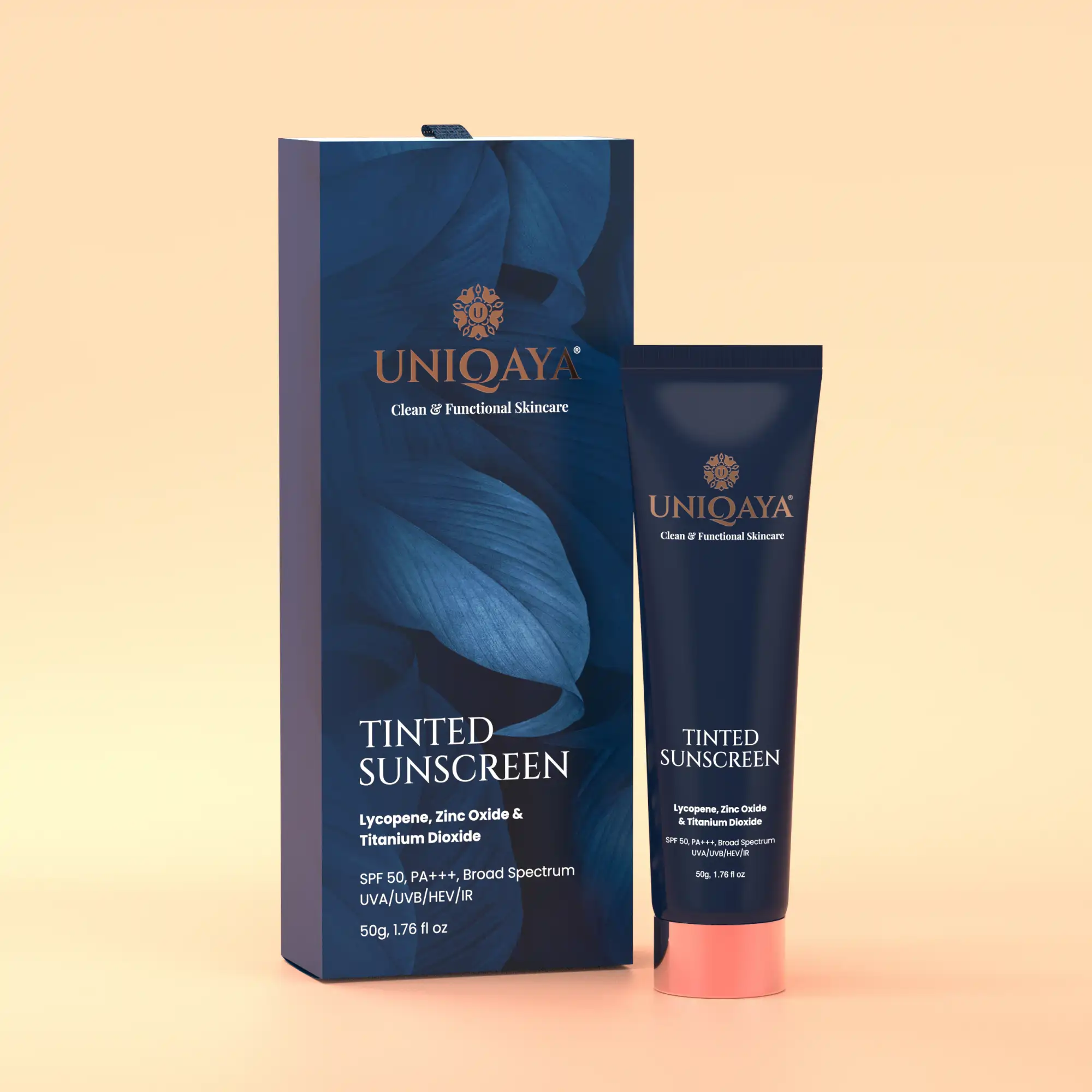
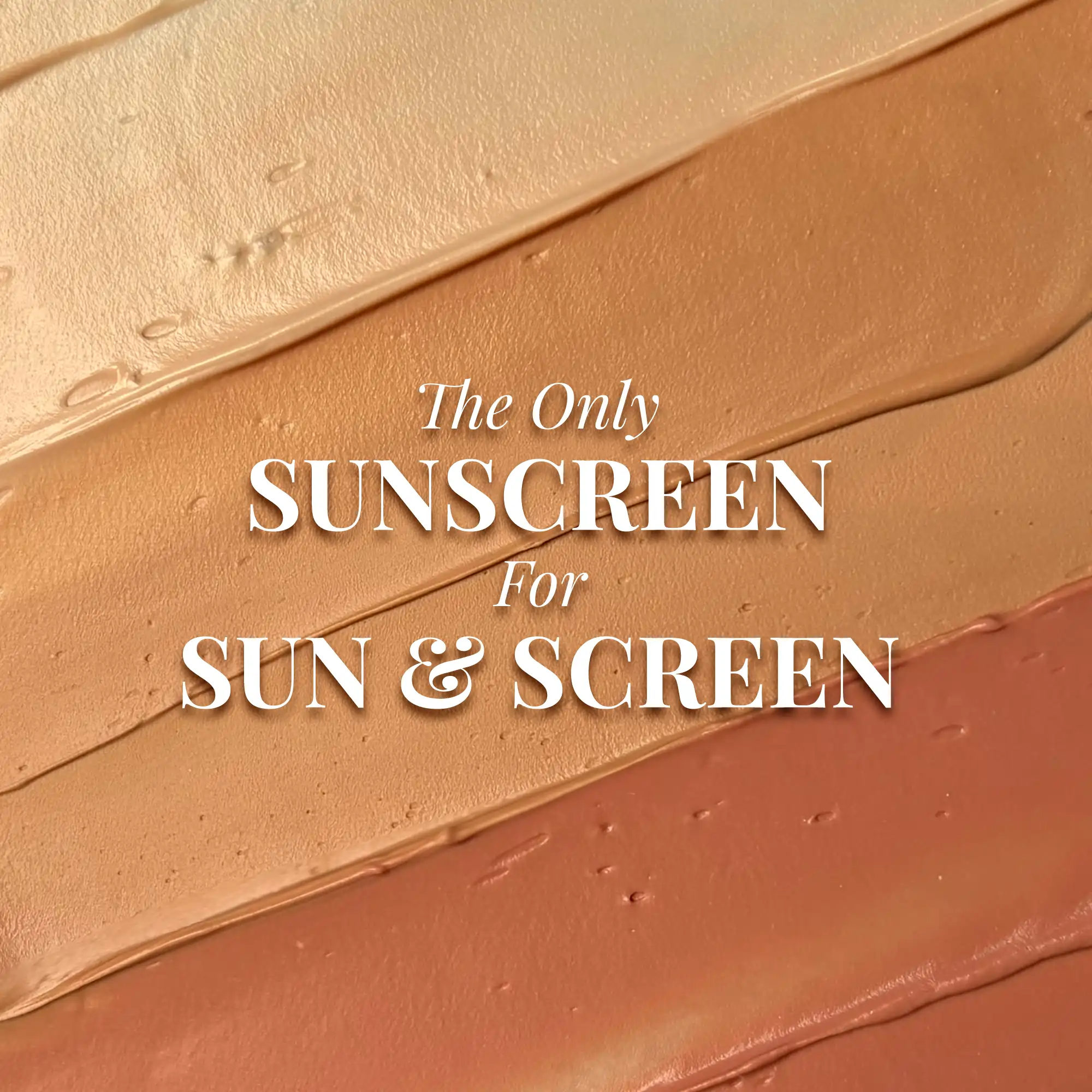
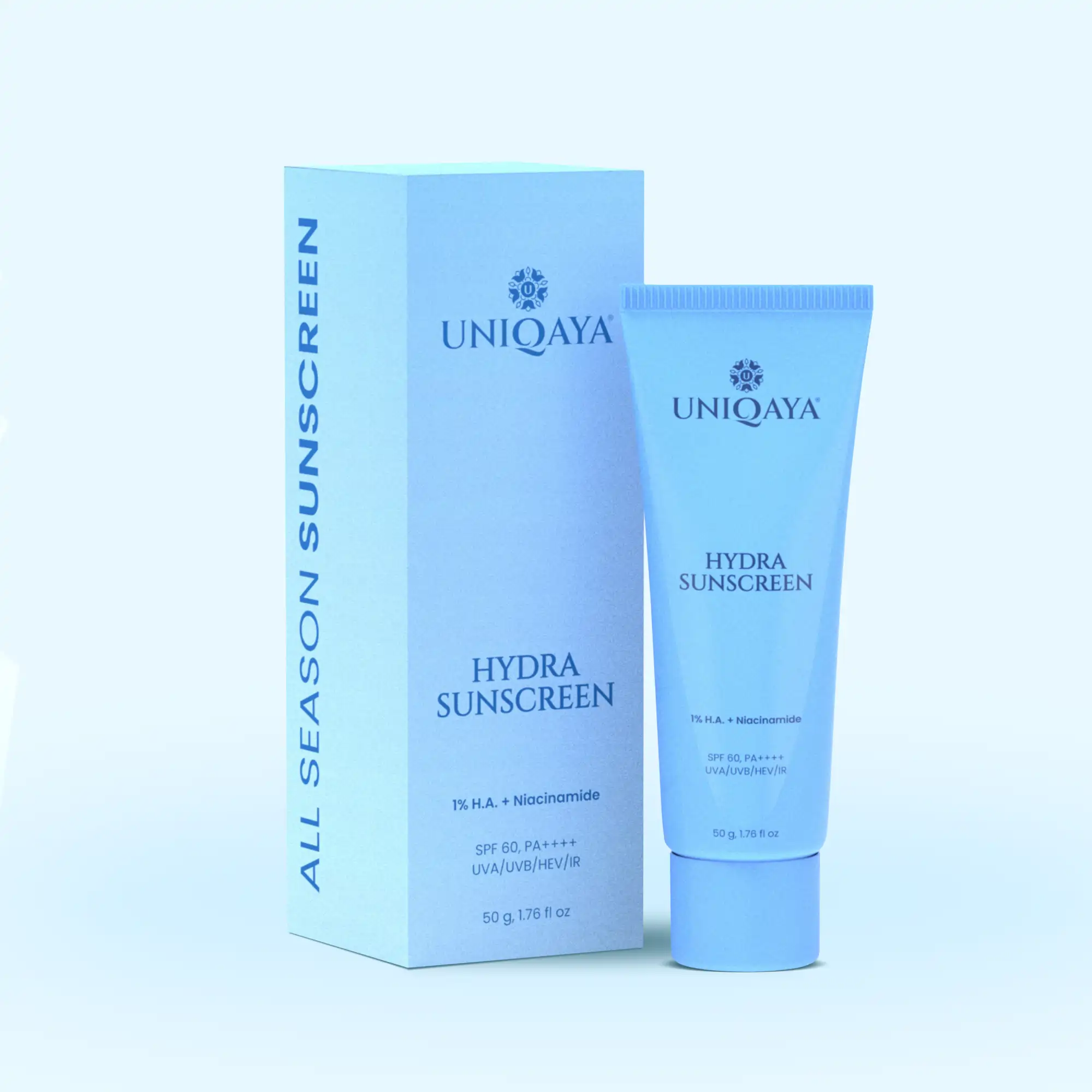
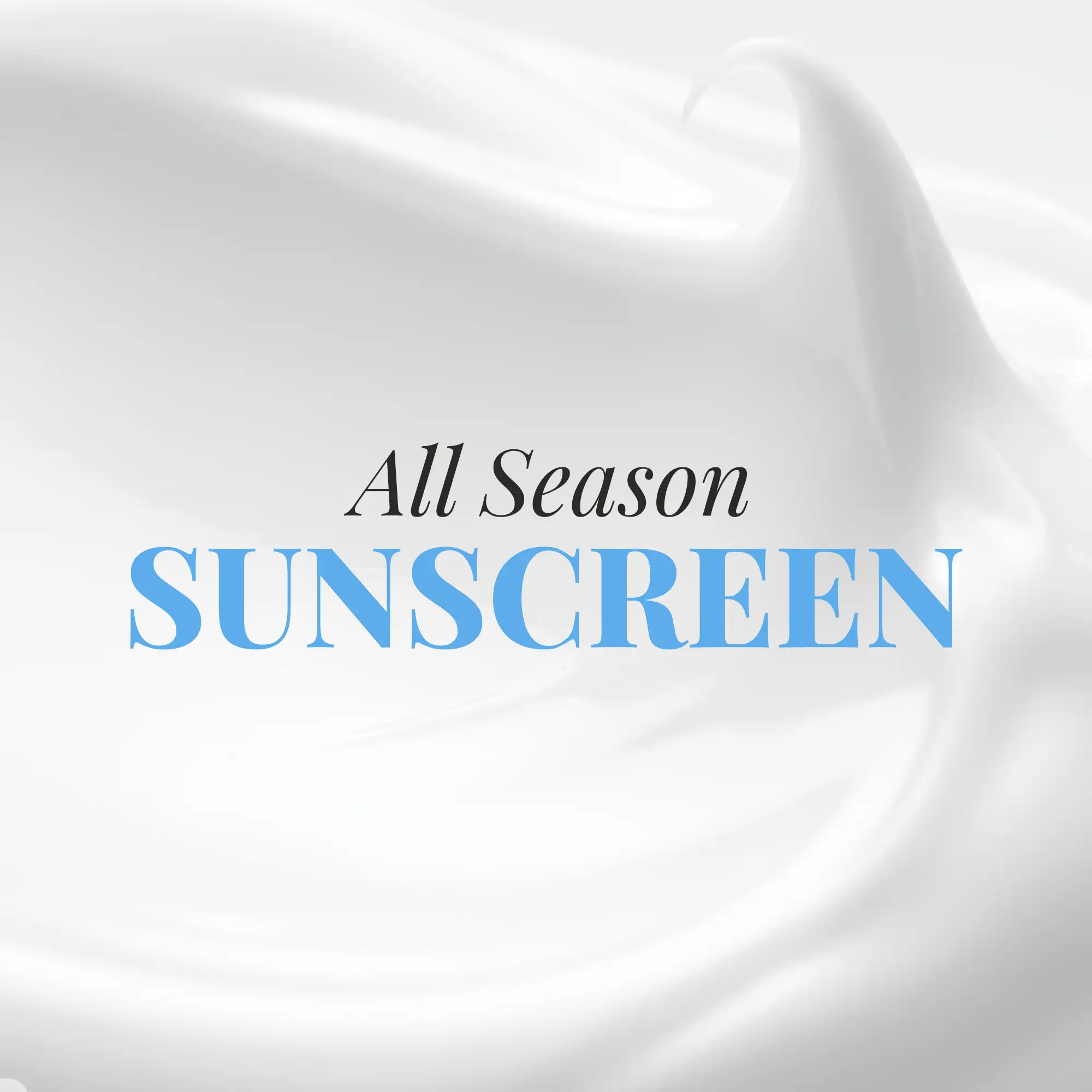
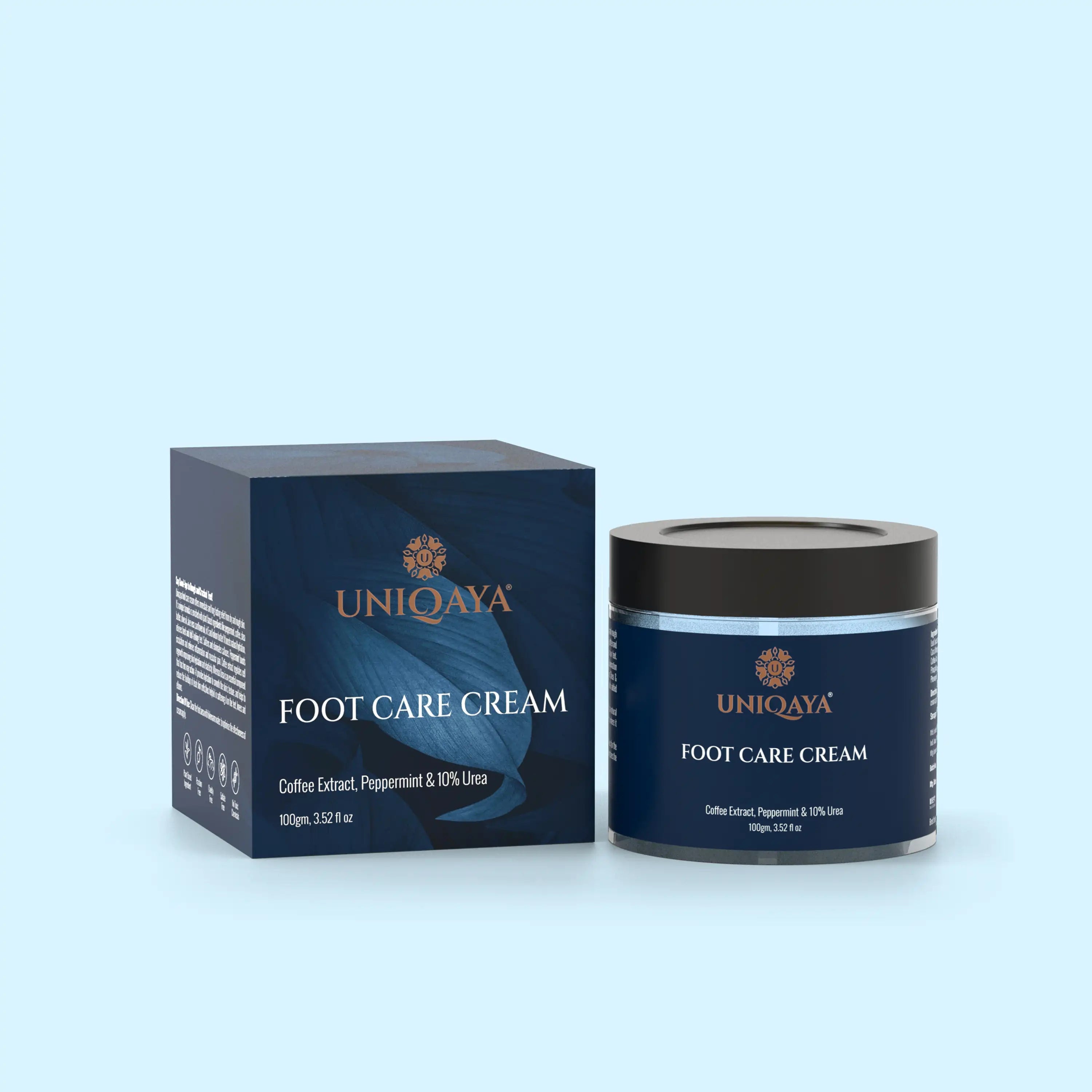
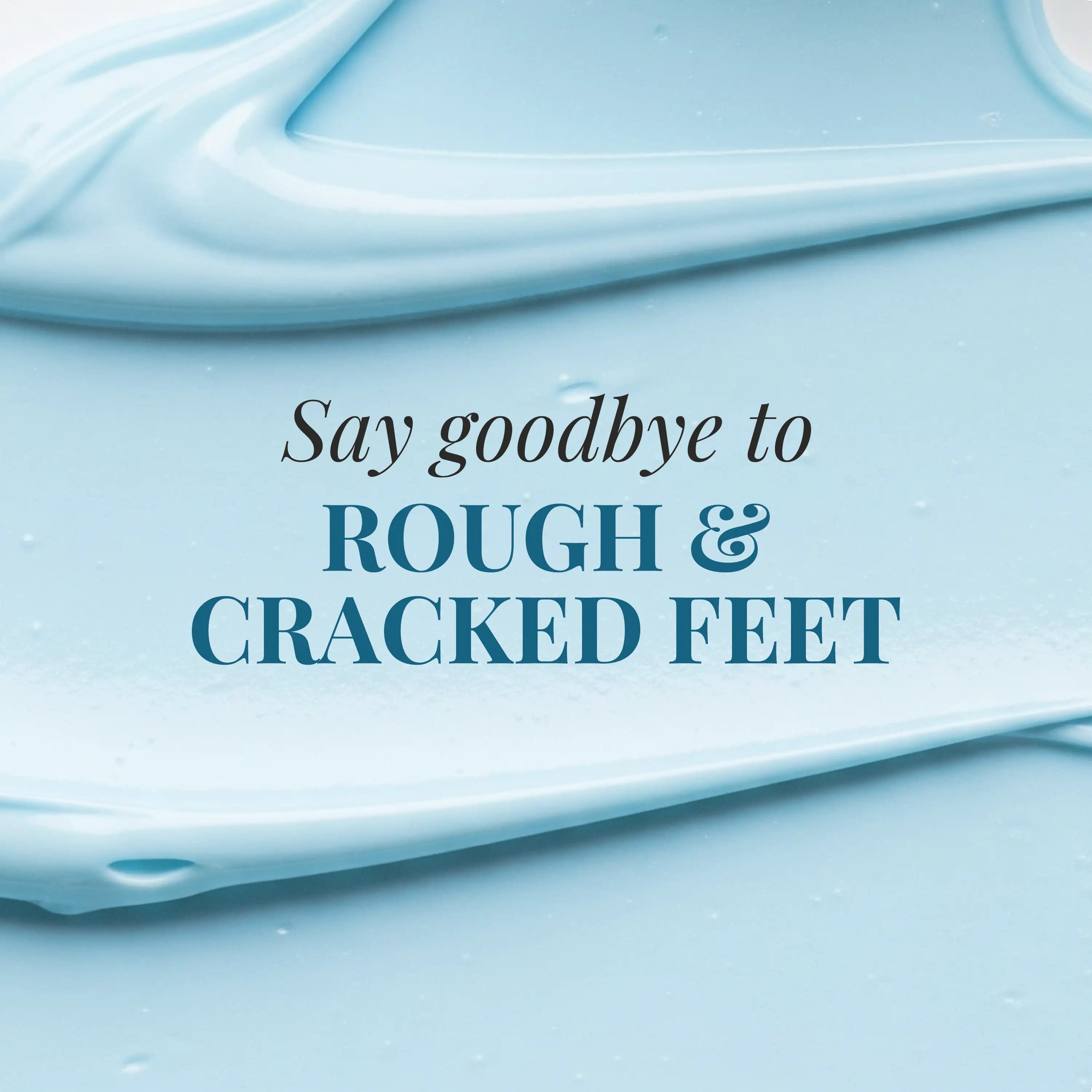
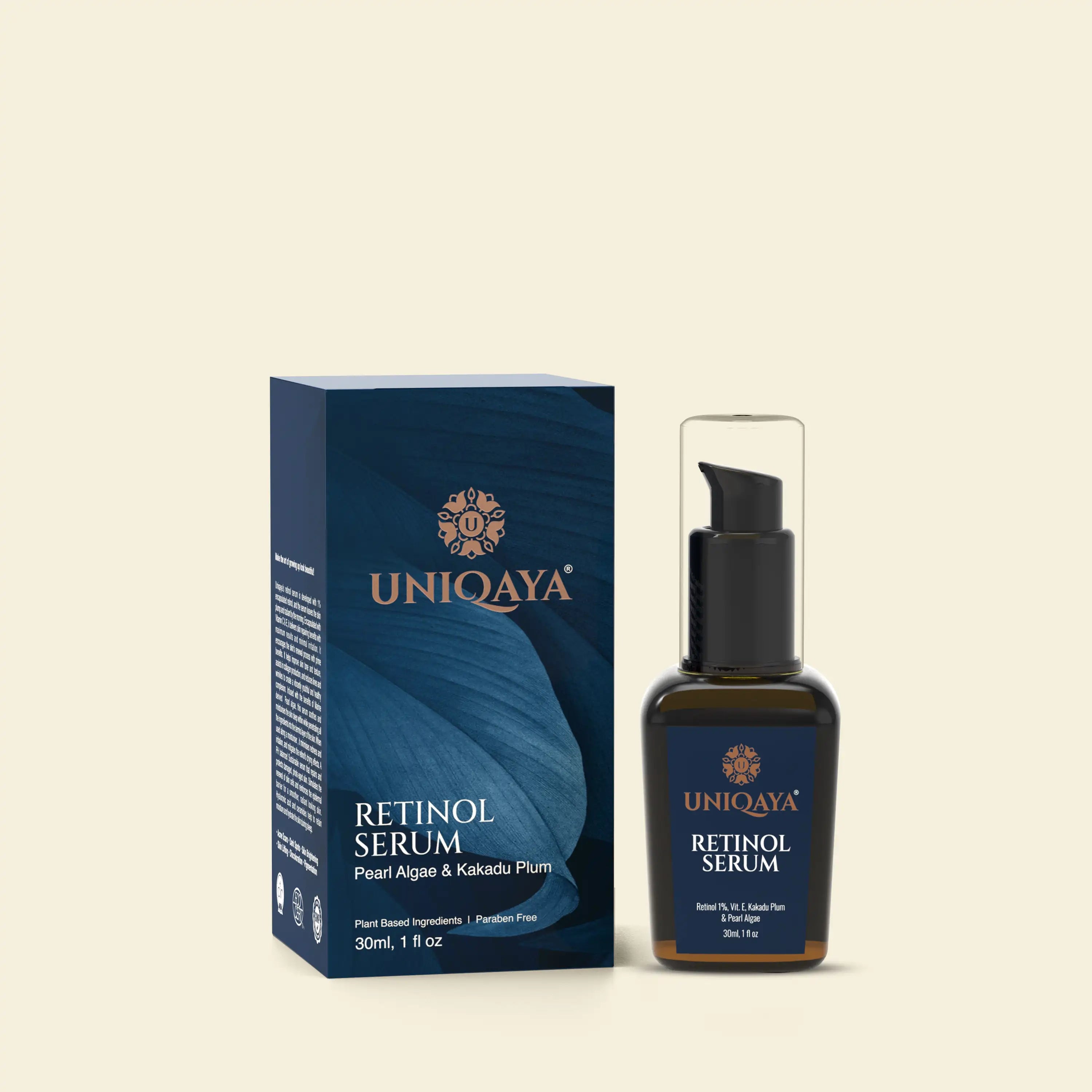
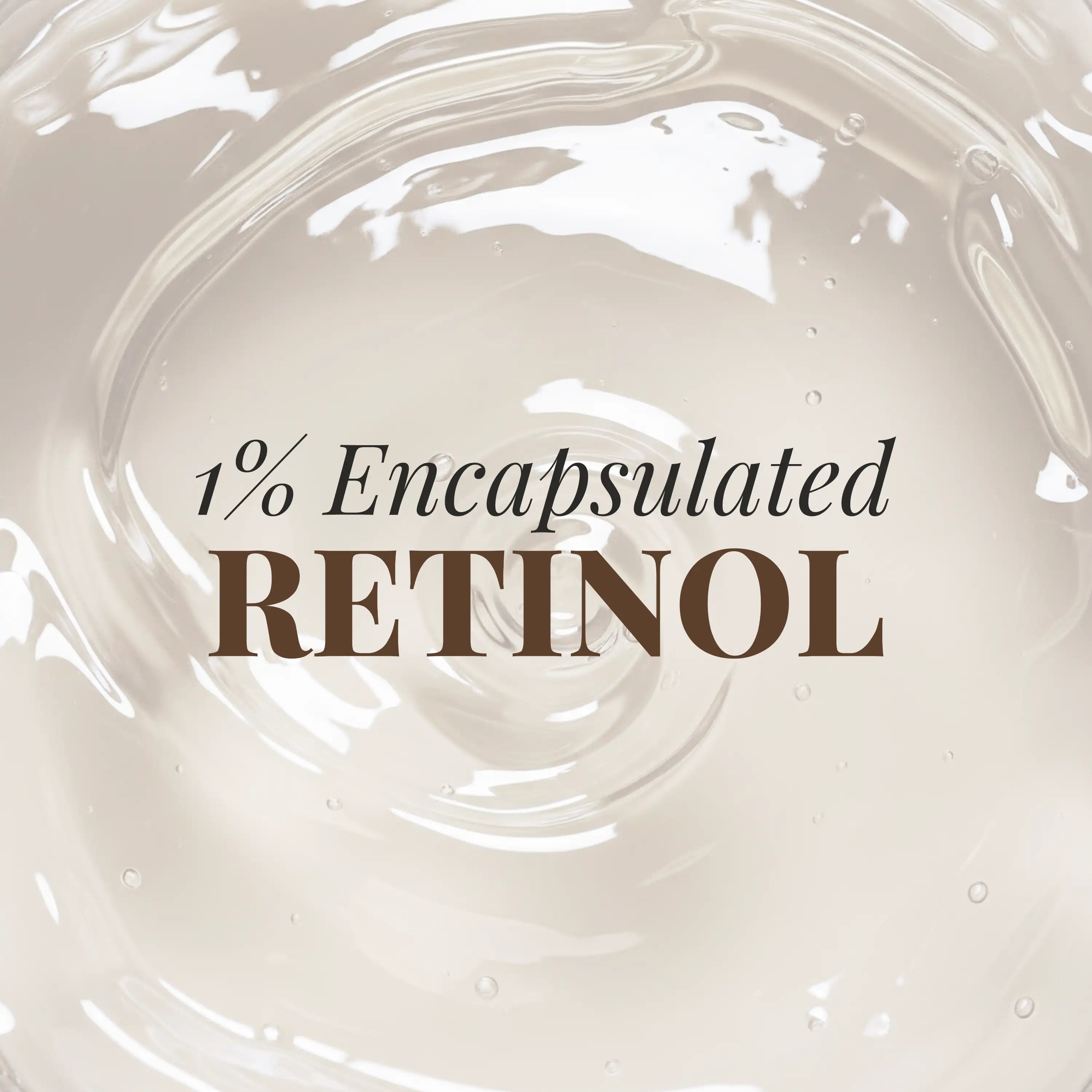
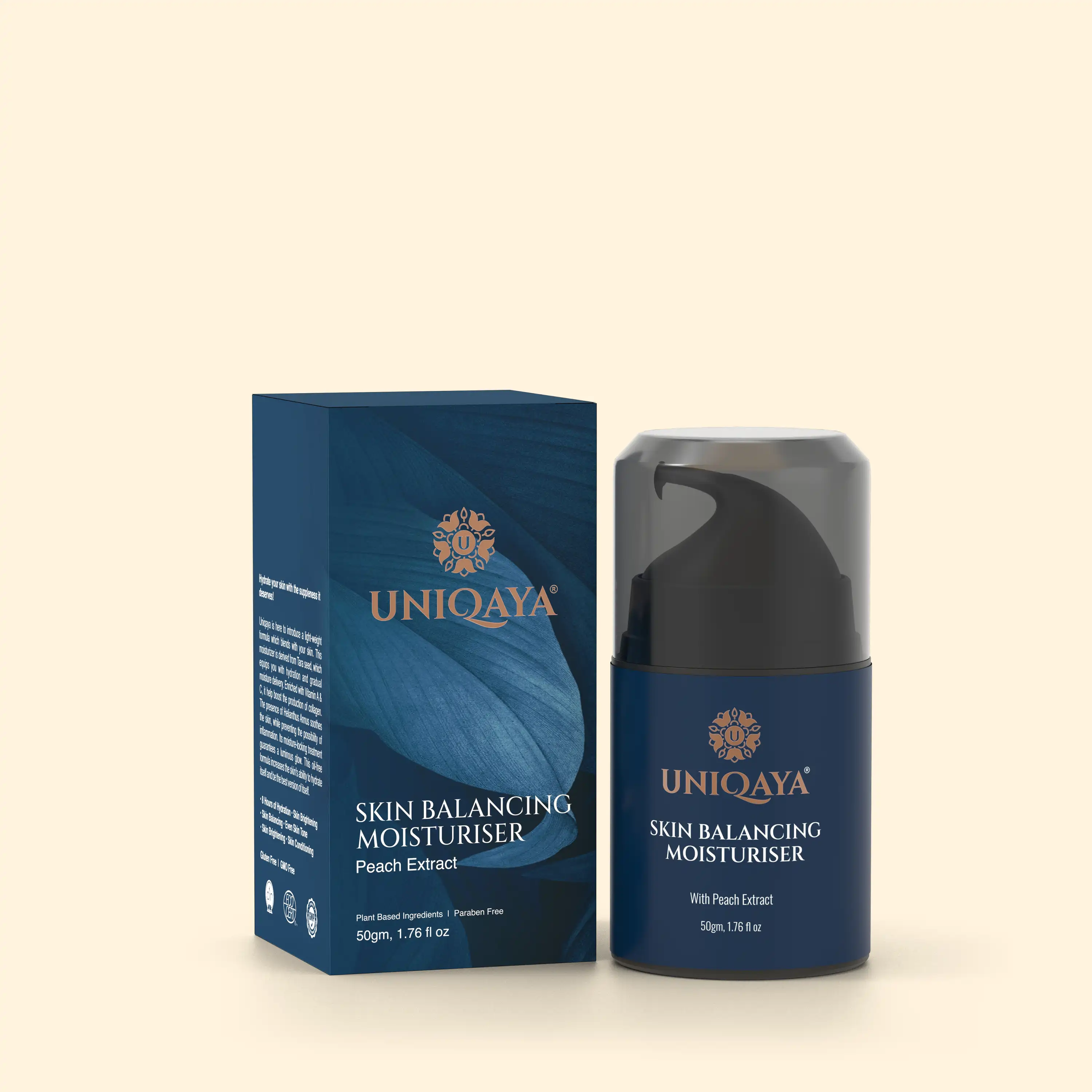
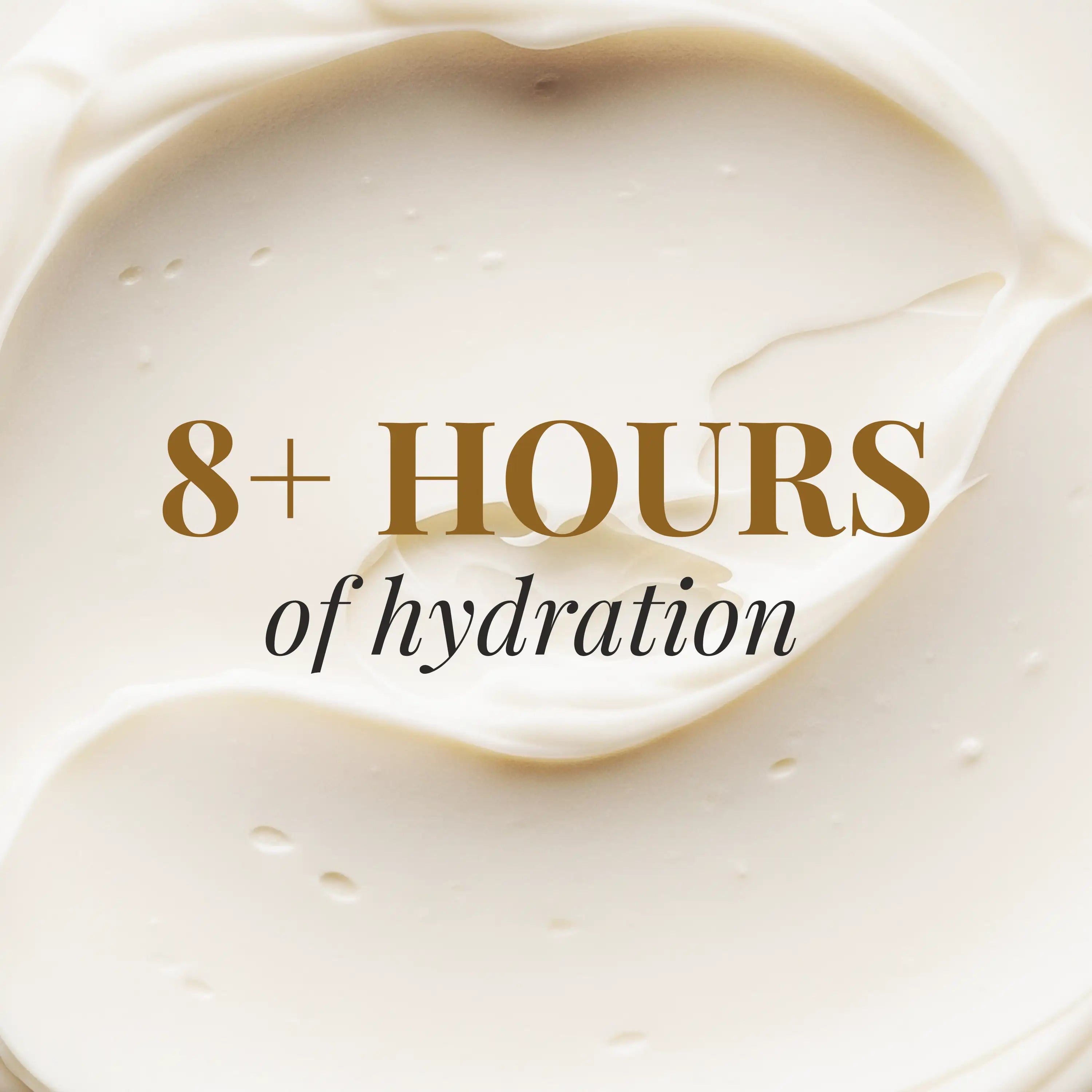
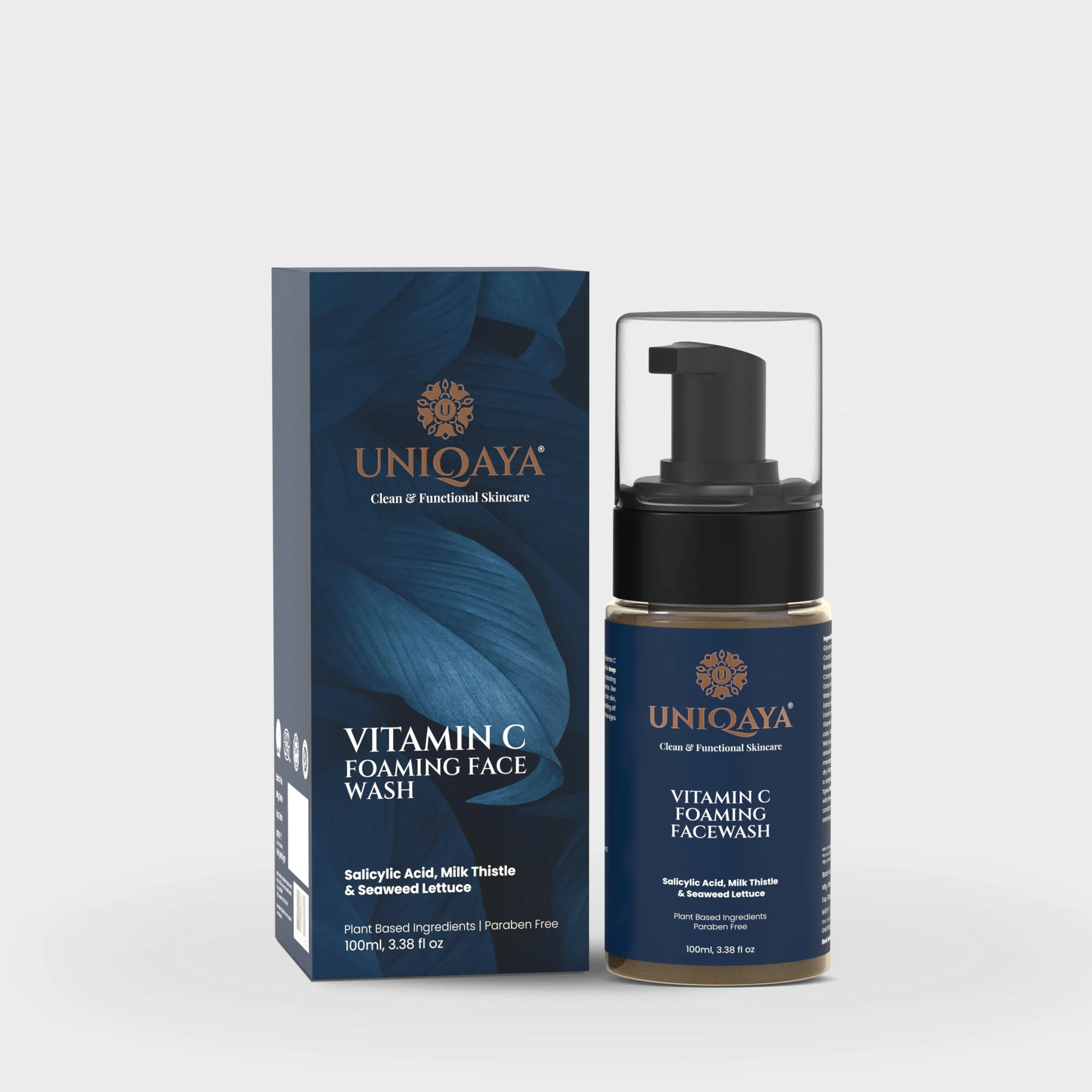
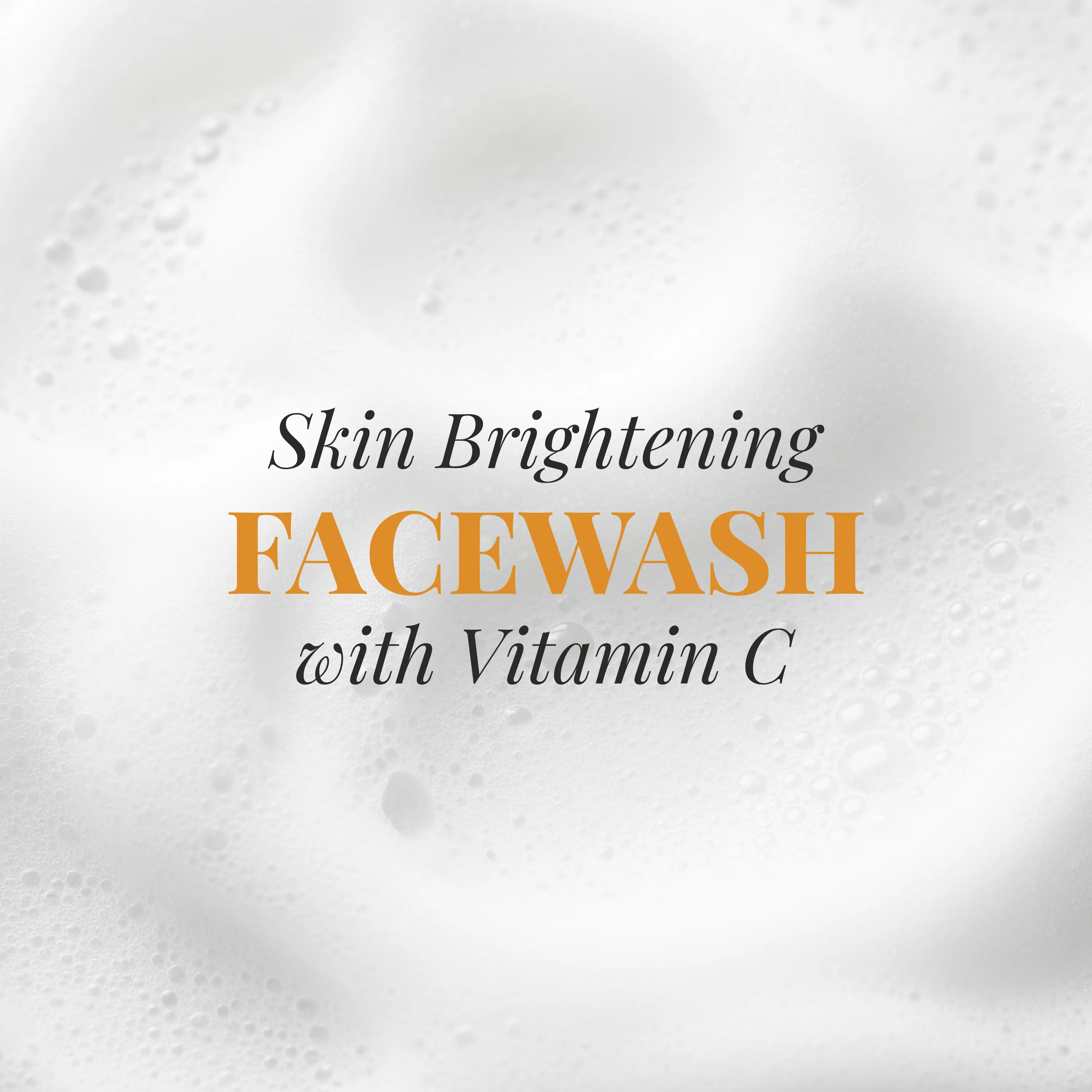
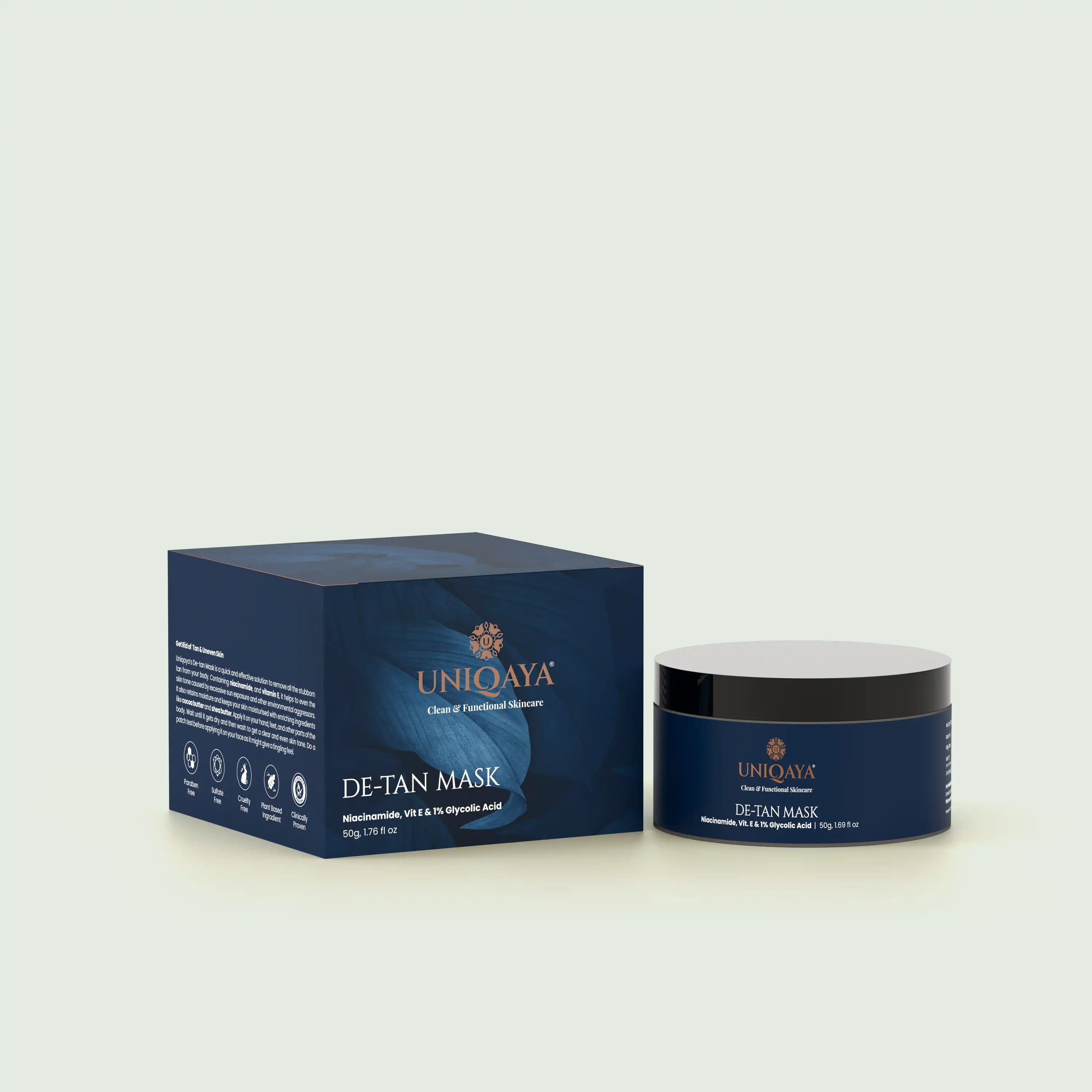
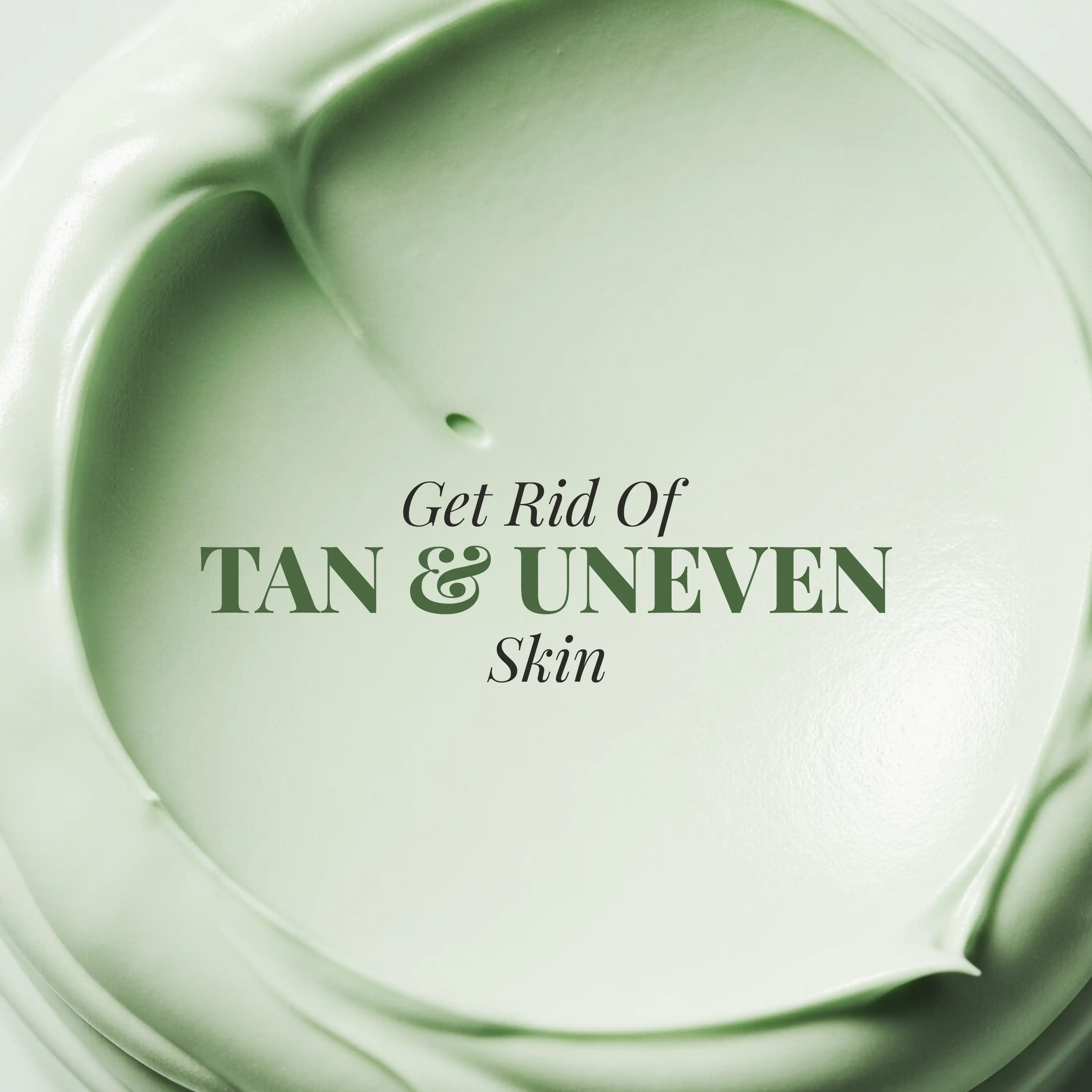
Leave a comment